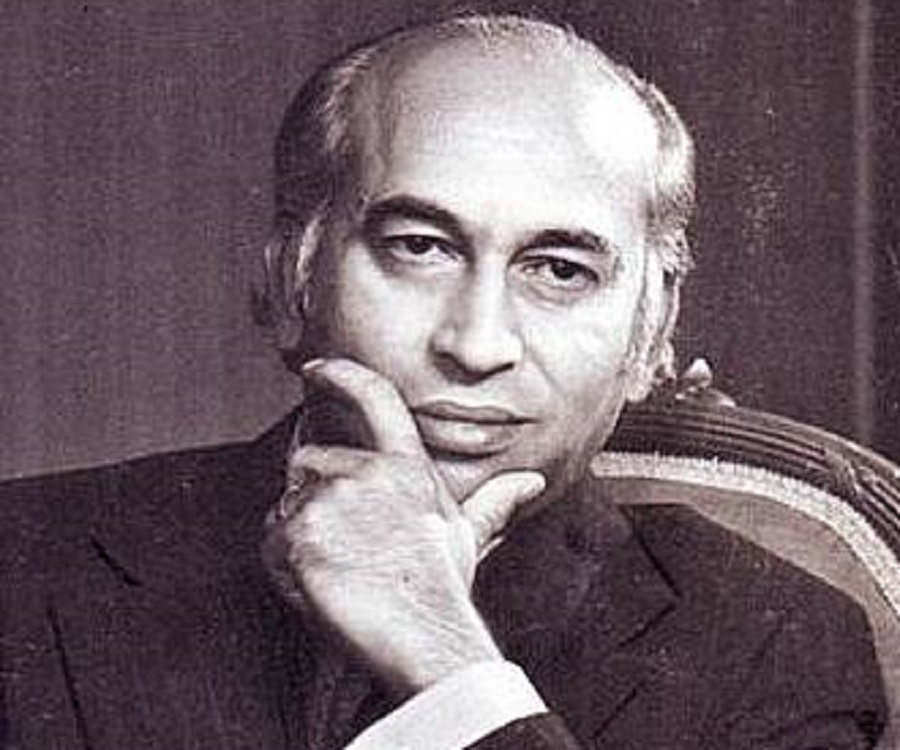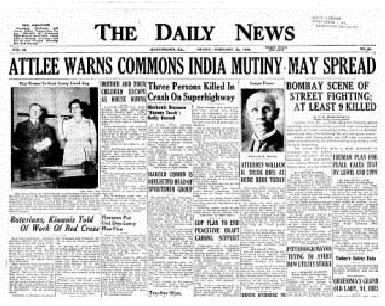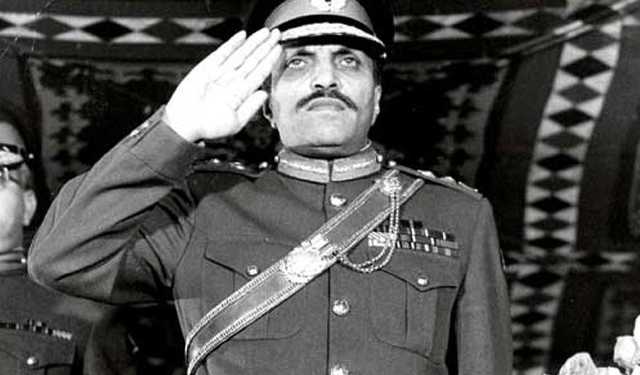Umar Shahid, in Pakistan analyses the recent religious violence and its roots in imperialism (main photo – AP).
The torching, on 16th August, of five churches and attacks on the residences of members of the Christian community by a violent mob in Jaranwala town of Faisalabad district is a further incident of religious extremism that highlights the ills that plague Pakistani society.
A violent mob of hundreds ransacked and torched Churches, houses and even the offices of the local administration. This act of barbarism was carried out on the pretext of allegedly blasphemous remarks by two Christian youths. It isn’t the first time that such violent and savage acts have been performed by a mob in this country. There have been many incidents – like Joseph Colony, Youhanabad and others.
Recent years have seen an increasing menace of Islamic fundamentalism in Pakistan; the so-called blasphemy laws have become inflicted wounds on a living and vibrant society. The such laws are being used as effective tools for silencing genuine voices throughout the country. Pakistan is home to an almost 99% majority Muslim population, yet they are being prosecuted in the name of religion. The situation of minorities is the worst, and Pakistan has turned into a prison of oppressed nations. From the killing of Salman Taseer, then Governor of Punjab, to Mashal Khan’s brutal murder – everywhere these blasphemy laws are used to physically remove liberal or democratic voices.
These events have enormous effects on working-class movement, especially on their leaders. In the absence of an active working-class movement, these superstitions have the enormous burden on the ordinary worker. On one hand, the economic crisis is escalating, unemployment has soared to 30% and more than 80% of the population is unable to afford medication. The utter hypocrisy and incompetence of the ruling class in completing the tasks of national democratic revolution have unleashed a never-ending crisis.

Religious chauvinism is at peak, culture is torn apart and vulnerable sections of society are being persecuted every day. Religion is still dominating politics; the national question is burning, remnants of feudalism are still present and after 76 years, no stable nation-state can be formed. The institutions of state are fragile and a mockery of democracy is going on across the Radcliffe line (the border with India). Precisely due to their historical backwardness, economic and technological weakness, and the fragile nature of capitalism, the ruling classes have failed to abolish feudal and religious remnants but paradoxically, have incorporated the feudal aristocracy into the notorious nexus of the ruling elite.
Historical Perspective
In line with the prejudices of the ruling class, real history has been falsified and fabricated. Historically, the classical forms of slavery or feudalism never existed on this land. These societies had a peculiar development which followed different patterns. The forms of slavery that existed in Europe, were entirely absent in these societies.
Marx’s characterization of these societies can be elaborated in these distinct components. First, the main remarkable feature of these societies was the absence of private property in land and there was never any class of landlords. Hence the land was regarded as common property and each member of the village could enjoy it according to their requirement.
Second, the foundation of social life was provided by units or communes which were entirely self-sustaining in their nature. Third, Karl Marx stressed that the Asiatic mode of production differed from all other modes of production. In his famous and widely quoted articles on India, written between 1852 and 1858, he outlined the basic characteristics of the Asiatic mode that prevailed in India. In these articles, he drew a sketch of society by arguing that the handloom, spinning wheel, and the union between agriculture and manufacture were the basis of Indian society before it was uprooted by British steam and science.
After the failure of 1857 mutiny, the British sought to extend their power by divide and rule. In order to perpetuate their imperialist ambitions by these means they deliberately started dividing Indian society on basis of religion, caste and tribe etc. These distinctions were unknown to society and started only after 1865. The British systematically carried out the census on the basis of religions and later started differentiating society on an ethnic basis. Similarly, offences relating to religion were first codified by India’s British rulers in 1860 and were expanded in 1927. In 1927, the British colonial rulers of the sub-continent made it a criminal offence to commit “deliberate and malicious acts intended to outrage religious feelings of any class by insulting its religious belief”.
Alex von Tunzelmann, in her book ‘Indian Summer: The Secret History of the End of an Empire” sketched stark differences between 18th century English and Indian society, she wrote,
“In the beginning, there were two nations. One was a vast, mighty and magnificent empire, brilliantly organized and culturally unified, which dominated a massive swath of the earth. The other was an undeveloped, semi-feudal realm, riven by religious factionalism and barely able to feed its illiterate, diseased and stinking masses. The first nation was India. The second was England.”!
1946 sailors mutiny
The working-class movement, especially the Royal Indian Navy Sailors mutiny of 1946, counteracted the vision of a society torn by religious differences. However, due to the betrayal of reformist leaders, the 1946 revolution ended in the partition of India on religious grounds. After partition, Pakistan was born as a theocratic state, which relied on imperialist support to survive.

After second world war and the shift in the balance of world power, America appeared on the imperialist stage. American imperialism not only patronized the newly born state but whole economic policies were also designed by them. Under Ayub Khan (1958-1969), the first Army dictator, the state launched massive economic development and gave support to the embryonic capitalist class to reap their profit and establish a modern secular Pakistan.
However, the uneven and combined pattern of development backfired and it gave rise to the mighty Pakistani revolution of 1968-69. From Dhaka to Islamabad, workers councils were formed and the working class began to take control of society into its own hands. Socialist slogans were raised and socialist revolution was on the agenda. Again, in the absence of revolutionary leadership, and the betrayal the movement by Stalinist ‘Communist parties’, power slipped into the hands of Zulfiqar Ali Bhutto.
However, due to the movement and the radical program of his party the ‘Peoples Party’, he became a populist leader overnight. Due to his populist and reformist nature, instead of smashing the state, he strengthened it and instead of curbing the right wing, he facilitated them. By the Bhutto government’s 1974 act of constitutionally redefining the status of the Ahmadiyya, this religious group, formerly recognized as a Muslim sect, was (almost overnight) turned into a non-Muslim minority in Pakistan. Although Bhutto wanted to reach a deal with the right-wing by offering them more, instead, this act led to the Pakistan National Alliance (PNA) movement that later ousted Bhutto through the martial law imposed by the Army General Zia Ul-Haq.
Zia wanted to strengthen his base by using political Islam, so he began to Islamize society. From 1980 to 1986, blasphemy laws were created and expanded in instalments. First “making derogatory remarks against Islamic personages” was declared an offence that carried a maximum punishment of three years in jail. Later on, in 1982, another clause prescribed life imprisonment for “willful” desecration of the Koran, the Muslim holy book. In 1986, a separate clause was inserted to punish blasphemy against the Prophet Muhammad and the penalty recommended was “death, or imprisonment for life”, in that order.
Promotion of Islamic Fundamentalism
Internationally, American imperialism was struggling against the spread of communism worldwide. It is worth mentioning that modern Islamic fundamentalism is a new concept that was, in fact, introduced by US Imperialism itself. The 1960s saw revolutionary upheavals in the Middle East. Terrified by events, American Imperialism sought a way-out. This modern Islamic fundamentalism was, in reality, promoted and nurtured by John Foster Dulles, US Secretary of State under President Eisenhower. The imperialists supported fundamentalist organizations like Akhwan-e-Muslamin (Muslim Brotherhood) in Egypt and Jamat-e-Islami in Pakistan so as to create artificial religious conflict, thus watering down class struggle.

Ordered execution of Zulfiqar Ali Bhutto
Afghanistan’s 1978 ‘Saur’ revolution posed a great danger of communism in this region. Hence the US launched its countermeasures by aiding the Zia regime and creating the Mujahideen, who later morphed into the Taliban. The CIA and ISI (the Pakistan security service) funded the ‘Jihad’ and waged a holy war against the Soviet Union. Osama Bin Laden was recruited by President Jimmy Carter’s national security advisor Zbigniew Brzezinski in 1978 to this “Islamic crusade” against “Communism”. Later, we see the continuation of this policy in Palestine where in order to divide and weaken the Palestinian resistance movement, Hamas was created by the Zionist Israeli state.
The curse of Islamic fundamentalism was used to curb revolutionary movements abroad and within its own countries as well. In US and Europe, this phenomenon was used to create an atmosphere of fear, thus strengthening the state to brutally exploit the workers of these countries. The collapse of Soviet Union intensified this process. False theories such as the ‘End of History’ and ‘Clash of Civilizations’ were erected and they tried to impose these on the consciousness of advance layers of working classes.
Afghanistan became a battlefield for a proxy war and Pakistan was its launching pad. During this holy war, the opium trade flourished and millions of dollars were given to the Taliban, who were given lavish treats and trips to White House where they enjoyed the hospitality of American ruling class. This dollar jihad gave impetus to black money in the region. From Kabul to Islamabad, black money penetrated into State. Pakistan Army Generals made enormous fortunes through this.
Later, this black economy continued to grow and now, according to the government’s own statistics, around 75% of Pakistan’s economy is part of the unofficial ‘black’ economy that is growing at the pace of 12% annually. This black economy has now paralyzed the whole state and Pakistan’s state is at war with itself. Its unity has been compromised and state institutions are fighting each other for the bones.
In order to safeguard their interests, the imperialists gave a new lease of life to Islamic fundamentalism and other religious fanaticism. Now, these Frankenstein’s monsters have become powerful and are biting their own creators. In fact, liberalism and fundamentalism are two sides of the same coin. From Syria to Pakistan; we see the intensification of fundamentalism but today’s crisis-ridden capitalism cannot provide the material basis for it to build support.
What’s next?
In Pakistan’s 76 years’ history there was not a single religious government that was formed by electoral means. The Pakistani masses have rejected them again and again. In 1969, the famous religious leader Maulana Abdul Maududi was thrown into dust by people at famous Mochi Gate, Lahore. Similarly, religious political parties were not able to build their strong material basis. In 1970, the Saudi Arabian Imam of the Kaaba (cleric of holy site in Mecca) was brought to Pakistan to ask people to refrain from voting for Socialism. However, against all the prejudices and propaganda, the PPP was victorious on its socialist program.
Once the working class starts to move, this Islamic fundamentalism will vanish as a drop of water vanishes from the surface of the red-hot iron. But if the basic contradictions and the crisis of society are not eliminated, it will come back again and again and will keep on ravaging society and human civilization until it is eradicated. It is a peculiar manifestation of the death agony of capitalism.
Getting rid of this plague will only be possible when the system on which it festers, capitalism, is abolished. That is only possible through socialist revolutionary action!



